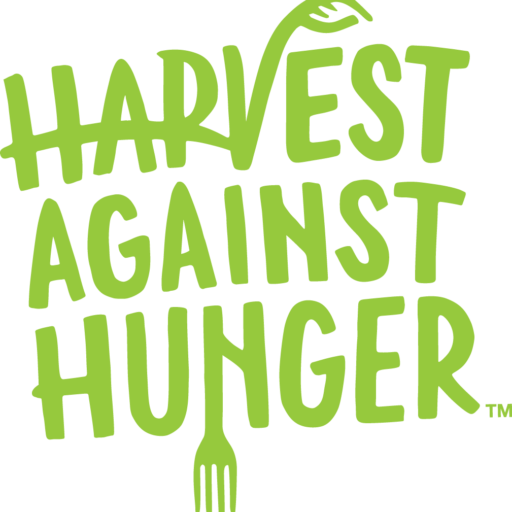How Can We Help?
A Learn N’ Serve Program Geared towards Sustainability and Long-Term Community Engagement at Urban Abundance
A Learn N’ Serve Program Geared towards Sustainability and Long-Term Community Engagement
Another program that Urban Abundance staff and BOD have wanted to explore for a couple years but never gotten the opportunity to was a learn n’ serve program designed to educate folks about all the different topics surrounding food sovereignty. The concept for this course is that it’s free for people to participate in, but they “pay back” their training with 20 hours of volunteer service with UA.
In 2020, this course took place in spring and winter sessions, with the spring series covering composting, pollinators, food justice 101, and spring fruit tree care. The VISTA engaged several members of the community and experts on these various topics to host each webinar. For the summer fruit tree care course, the VISTA filmed videos of UA member Paul Stasz out at the 78th St. Farm and Curtin Springs orchards. With the initial promotion of this program, about 12 people had signed up, but UA recorded each webinar and continued to do outreach via newsletters, social media, and creating a new website platform for information and signup, and when folks would sign up retroactively, the VISTA would send them recordings of any sessions that had already happened along with any supplemental information. By the end of the spring series, 18 people were actively engaged with the course.
In general, the aim of the volunteer hour “pay back” was to be as flexible as possible so as to allow for creative “passion” projects if the participants in the Community Gleaners program were so inclined. That is, if someone had an idea for a particular project that was outside the realm of harvesting fruit that season, it would be accepted if it fell under the umbrella of Urban Abundance’s mission of engaging neighbors in the creation, maintenance, harvest of edible landscapes accessible to all. That said, most of the course participants who volunteered with Urban Abundance the following fall helped with harvesting fruit in backyards and community orchards. However, a handful of volunteers engaged with different projects: one helped transport compost for the Resiliency Garden project, one built a propagation stand in front of her family’s home, and another started a neighborhood composting site to reduce food waste among her neighbors.


